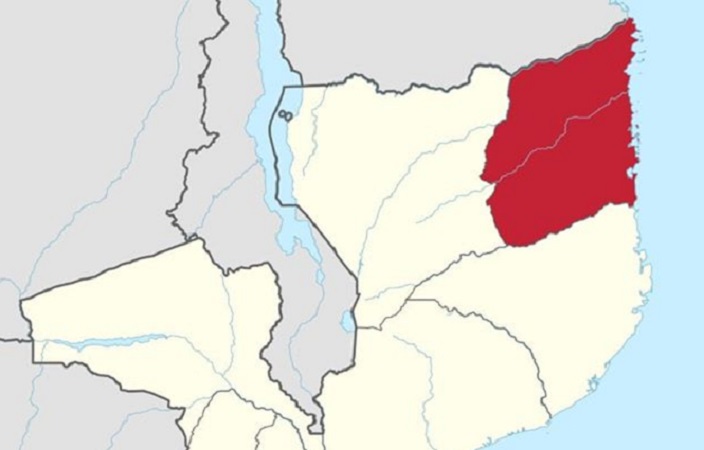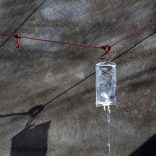Mozambique: "Triple crisis" leaves 5.2 million in need of humanitarian assistance - UN
CIP argues that Cabo Delgado is at risk of falling into a “conflict trap” – Carta

The armed attacks that have been taking place in the province of Cabo Delgado since October 5, 2017, place that province “at risk of falling into a ‘conflict trap'”, according to the Centre for Public Integrity (CIP), a Mozambican civil society organisation dedicated to the defines of transparency, integrity and good governance. (To read the full CIP report (in English) ‘Impact of armed attacks on tax revenues: Cabo Delgado lost about 2 billion meticais between 2018 and 2019- Province at Risk of “Conflict Trap'”, please click HERE]
According to CIP, a “conflict trap” is the vicious circle between conflicts and economic performance, in which conflicts delay economic growth and development, in turn increasing the likelihood of more conflicts occurring.
The CIP says such a phenomenon may occur in Cabo Delgado due to the fact that local populations see their “high expectations” of improving living conditions, based on the large investments expected in the province, “frustrated” in the short term.
“The arrival of mega-projects in the province stoked local expectations of improving living conditions but, feeling that they are not beneficiaries of these projects, there is a sense of dissatisfaction which, combined with the precarious living conditions, makes them easy targets for insurgents, especially young people,” the CIP analysis published last Sunday in the Bulletin on Anti-Corruption, Integrity and Transparency maintains.
Cabo Delgado province has natural gas reserves estimated at 170 trillion cubic feet, according to data from the National Petroleum Institute, making it one of the largest reserves of natural gas in the world. Total, leader of the Area 1 project, plans to start production in 2025, in an investment valued at US$23 billion. Start of production is expected to raise tax revenues of around US$2.1 billion for the Mozambican state.
By contrast, the CIP notes, Cabo Delgado has lost about two billion meticais in tax revenue in the first two years of the armed attacks, as a result of reduced production or the stoppage of activities in the productive sectors and the growth of the local economy, namely agriculture, fishing, tourism and trade, in general.
For the CIP, general discontent, combined with precarious living conditions, makes the population an “easy target” for recruitment by the terrorist groups, with their promises of income or remuneration.
“With conflict, poverty increases through destruction and a consequent delay in development, and with poverty, the population is more likely to join the conflict. By joining the armed groups, the population ceases to contribute to local development and contributes to destruction, prolonging the vicious cycle of poverty and conflict,” the organisation argues.
The CIP analysis alleges that the government has not been effective in guaranteeing the security of the population and its property and access to basic services.
“On the other hand, the province has recorded more than half Mozambique’s confirmed Covid-19 cases and, according to the local population, there have been communication failures on the government’s part. Communities continue to fail to observe preventative measures, particularly in the districts affected by the attacks. These combined factors cement the perception among the local population that they have been abandoned by the government,” the CIP argument runs.
The CIP advises the newly created Integrated Development Agency of the North (ADIN) to create incentives which improve the business environment in the province, so as to attract more investments and leverage existing ones, opening the possibility of job creation and income generation.
“The National Institute of Employment and Vocational Training (INEFP), in coordination with ADIN, should create training programs and programs to support job seeking and placement, particularly for young people. The Defence and Security Forces (FDS) must devise effective strategies and efforts to ensure the safety and limitation of deaths and losses of physical capital (one way can be increasing the number of personnel in the different districts of the province). All stakeholders, at national level [must work] in order to see this situation overcome. Also, the SADC must join efforts and design strategies to face these attacks, in view of the risk of this conflict spreading to other countries in the region,” the CIP recommends.












Leave a Reply
Be the First to Comment!
You must be logged in to post a comment.
You must be logged in to post a comment.